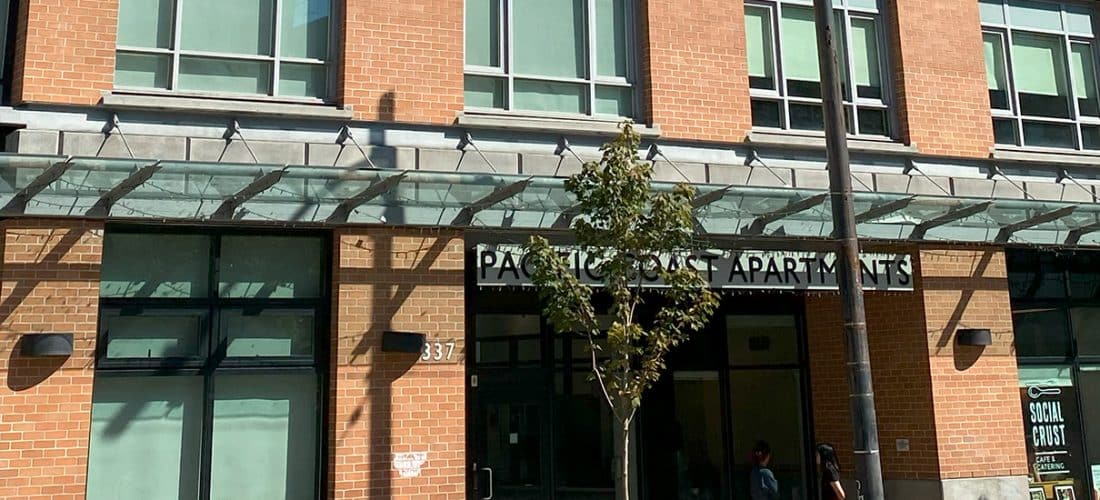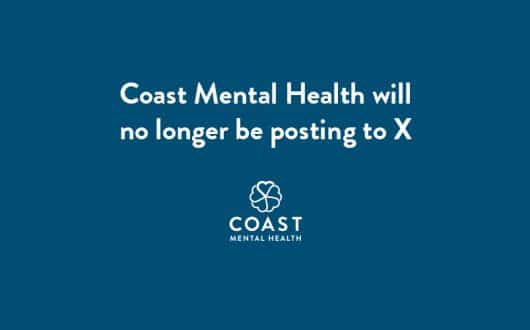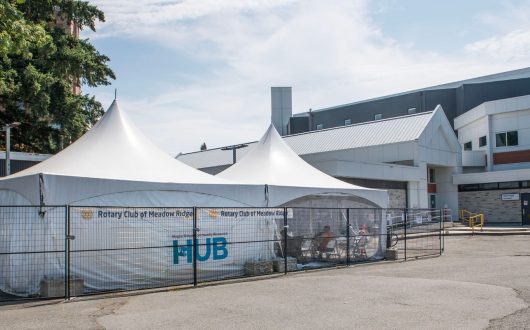Our response to the City of Vancouver’s motion to end supportive housing

As a non-profit housing provider, Coast Mental Health’s Board Chair, Stephen Butz, and CEO, Keir Macdonald, were compelled to respond to the City of Vancouver’s motion to end supportive housing developments with the following submission:
To: Mayor and Council, City of Vancouver
From: Coast Mental Health, 293 East 11th Avenue, Vancouver, BC
Re: Response to Motion – “Temporarily Pausing Net-New Supportive Housing Investments in Vancouver to Prioritize Replacing Existing Stock and Promoting Regional Equity”
Coast Mental Health is writing to express our concern over the proposed motion to pause City of Vancouver contributions to net-new supportive housing. While we recognize the need for a more balanced regional approach that allows people experiencing homelessness to find stable housing in their own communities, along with the importance of maintaining and replacing aging housing stock, we firmly believe that halting net new supportive housing development could create critical gaps in the system.
Why Housing is Core to Coast Mental Health’s Work
At Coast Mental Health, we know that a stable home is the foundation for recovery, wellbeing, and dignity. For over 50 years, we’ve seen firsthand how supportive housing transforms lives. Housing isn’t just a basic need—it’s a fundamental determinant of health. Coast operates hundreds of supportive homes across the Lower Mainland, with each building offering stable housing with supports that help people improve their health, regain independence, and connect with their communities.
Supportive housing is a cornerstone of any effective response to homelessness, especially for people living with complex challenges such as mental illness, trauma, addiction, extreme poverty, and chronic health conditions. For someone experiencing homelessness, every day is a fight for survival focused on finding a place to sleep, securing food, sheltering from the elements, protecting personal safety, and guarding belongings. Only once someone has a secure place to call home can they focus on getting well.
Regional Equity and Vancouver’s Disproportionate Role
For decades Vancouver has been a leader in meeting the housing needs of vulnerable populations. Despite making up only 25% of the regional population, Vancouver is home to over 77% of the region’s supportive housing and more than 67% of its shelter spaces.
While we agree that other Metro Vancouver municipalities must do more, the reality is that Vancouver still accounts for half of the region’s unhoused population. Recent data underscores the urgency of the situation: In the 2023 Homeless Count, the region reported 4,821 individuals experiencing homelessness across Metro Vancouver. The same count found that of these people, 2,420 were unhoused in the City of Vancouver, with 605 of them unsheltered and 1,815 sheltered.
Vancouver cannot afford to stand still while thousands remain unhoused in our city. What is missing from this motion is a clear plan for how the City of Vancouver will address the immediate needs of the more than 2,400 people currently living in Vancouver without homes and the many more who are at risk of losing the housing they do have.
The Need for a Fully Resourced Housing System
While much of the public conversation on supportive housing focuses on the Downtown Eastside, the need for housing with embedded mental health and substance use supports extends across Vancouver.
Coast Mental Health operates supportive housing outside the DTES and sees firsthand the importance of stable housing and support services in the communities where people already live. A trauma-informed approach to mental health and substance use care must be available citywide—not only in one neighborhood—so people can receive the help they need before crises escalate. Without ongoing investment in supportive housing and health services throughout Vancouver, we risk further entrenching poverty and homelessness in certain neighborhoods while leaving others without the services needed.
A well-functioning housing system must be properly resourced at every level, offering diverse housing options that vary in size, type, price point, and level of support. Supportive housing—particularly low-barrier housing—often serves as the first step toward stability for people facing mental illness, addiction, trauma, extreme poverty, and other complex health challenges.
Failing to invest in supportive housing will leave people with nowhere to turn, increasing pressure on emergency shelters, hospitals, police, and the justice system. Beyond the human cost, the financial burden is clear; a 2024 Canadian study found that the annual healthcare costs alone for people experiencing homelessness were $12,209 per person, 6.4 times higher than for low-income housed individuals.
We urge the City of Vancouver to work with partners to develop a comprehensive, citywide plan that ensures access to community-based mental health and substance use services across all neighborhoods. A balanced, citywide approach will not only improve outcomes for individuals but also foster healthier, more resilient communities for all.
Conclusion
We all benefit when everyone in our neighborhoods has a safe place to call home. A balanced approach that ensures the replacement of aging units while also building new supportive housing is the only way to effectively address homelessness.
This announcement has sparked a vital conversation about the future of supportive housing in Vancouver and across the region. Coast Mental Health welcomes the opportunity to be part of collaborative, solutions-oriented discussions that ensure people get the housing and supports they need as quickly as possible, and in the communities where they already live. We ask that the City of Vancouver reconsider this proposed pause on net-new supportive housing investments.
Sincerely,
Keir Macdonald
Chief Executive Officer, Coast Mental Health
Stephen Butz
Board Chair, Coast Mental Health


